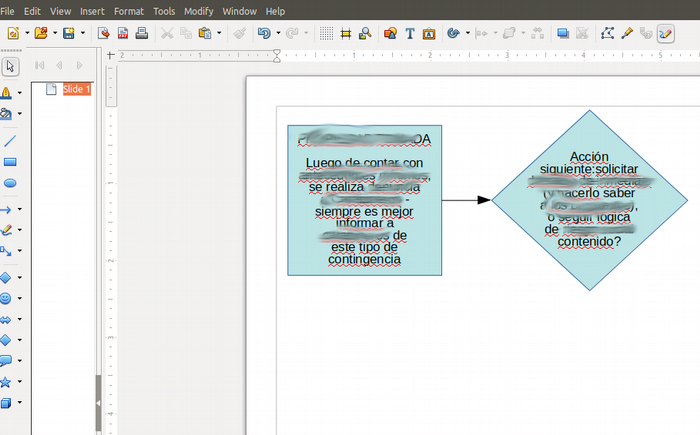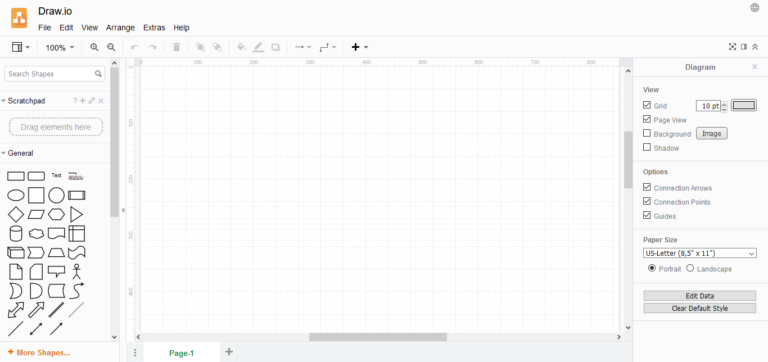


POS Codekop v2.0 was discovered to contain a reflected cross-site scripting (XSS) vulnerability via the nm_member parameter at print.php.Īn unauthenticated Cross-Site Scripting (XSS) vulnerability found in Webkul QloApps 1.6.0 allows an attacker to obtain a user's session cookie and then impersonate that user via POST email_create and back parameter.Īn unauthenticated Cross-Site Scripting (XSS) vulnerability found in Webkul QloApps 1.6.0 allows an attacker to obtain a user's session cookie and then impersonate that user via GET configure parameter.Īn unauthenticated Cross-Site Scripting (XSS) vulnerability found in Webkul QloApps 1.6.0 allows an attacker to obtain a user's session cookie and then impersonate that user via POST controller parameter.Ī Stored Cross-Site Scripting (XSS) vulnerability was found in Multilaser RE 170 using firmware.

Version 1.0.0 fixes this issue by making CNAME optional, rather than default. This allows a threat actor to host / run arbitrary client side code (cross-site scripting) in a user's browser when browsing the vulnerable subdomain. This is a security issue with a self-hosted interactsh server in which the user may not have configured a web client but still have a CNAME entry pointing to GitHub pages, making them vulnerable to subdomain takeover. Domains configured with interactsh server prior to version 1.0.0 were vulnerable to subdomain takeover for a specific subdomain, i.e `app.` Interactsh server used to create cname entries for `app` pointing to `` as default, which intended to used for hosting interactsh web client using GitHub pages.

Interactsh is an open-source tool for detecting out-of-band interactions. ILIAS 7.21 and 8.0_beta1 through 8.2 is vulnerable to reflected Cross-Site Scripting (XSS).


 0 kommentar(er)
0 kommentar(er)
